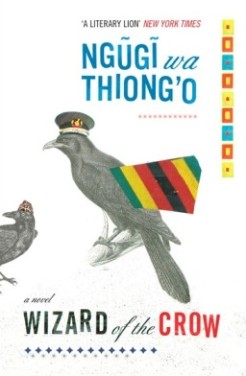1
There were many theories about the strange illness of the second Ruler of the Free Republic of Aburĩria, but the most frequent on people's lips were five.
The illness, so claimed the first, was born of anger that once welled up inside him; and he was so conscious of the danger it posed to his well-being that he tried all he could to rid himself of it by belching after every meal, sometimes counting from one to ten, and other times chanting ka ke ki ko ku aloud. Why these particular syllables, nobody could tell. Still, they conceded that the Ruler had a point. Just as offensive gases of the constipated need to be expelled, thus easing the burden on the tummy, anger in a person also needs a way out to ease the burden on the heart. This Ruler's anger, however, would not go away, and it continued simmering inside till it consumed his heart. This is believed to be the source of the Aburĩrian saying that ire is more corrosive than fire, for it once eroded the soul of a Ruler.
But when did this anger take root? When snakes first appeared on the national scene? When water in the bowels of the earth turned bitter? Or when he visited America and failed to land an interview with Global Network News on its famous program Meet the Global Mighty? It is said that when he was told that he could not be granted even a minute on the air, he could hardly believe his ears or even understand what they were talking about, knowing that in his country he was always on TV; his every moment--eating, shitting, sneezing, or blowing his nose--captured on camera. Even his yawns were news because, whether triggered by boredom, fatigue, hunger, or thirst, they were often followed by some national drama: his enemies were lashed in the public square with a sjambok, whole villages were blown to bits or people were pierced to death by a bows-and-arrows squad, their carcasses left in the open as food for hyenas and vultures.
It is said that he was especially skilfull in creating and nursing conflicts among Aburĩrian families, for scenes of sorrow were what assuaged him and made him sleep soundly. But nothing, it seemed, would now temper his anger.
Could anger, however deeply felt, cause a mystery illness that defied all logic and medical expertise?
2
The second theory was the illness was a curse from the cry of a wronged he-goat.
